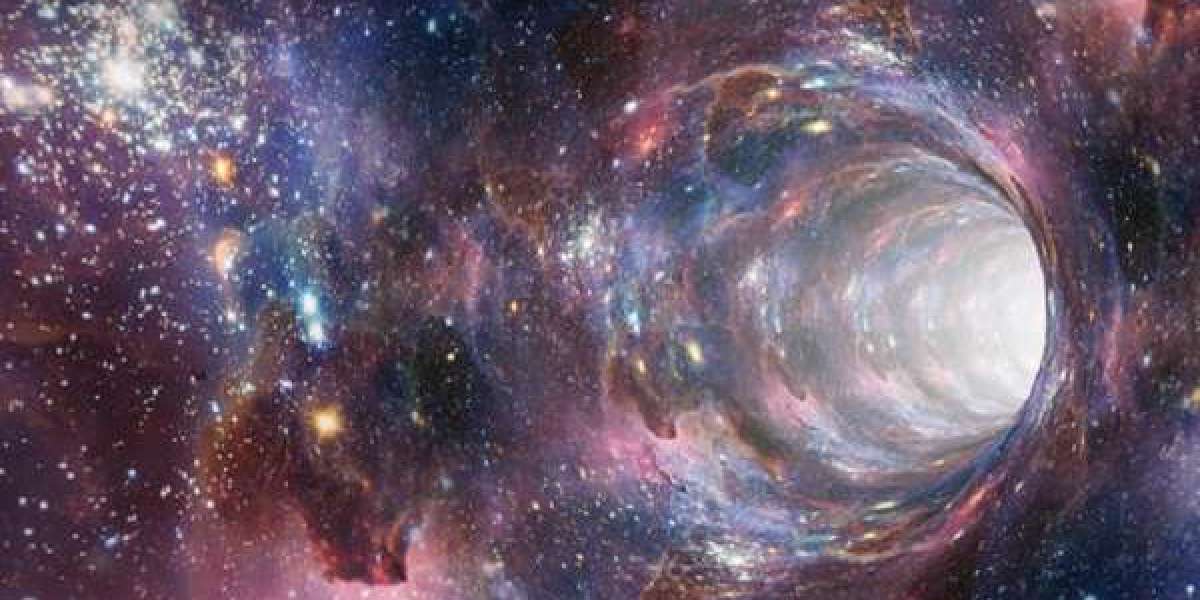James Webb Telescope’s Discovery Sparks Radical Cosmic Questions
What if everything we see—the galaxies, stars, time, even space itself—is actually inside a black hole? It sounds like science fiction, but new findings from the James Webb Space Telescope (JWST) have reignited serious scientific speculation around this bold idea.
The telescope, which launched in late 2021 and began full operations in 2022, was designed to look deeper into the universe’s past than ever before. And what it’s finding is both stunning and unsettling.
---
The Discovery That Shocked Scientists
When JWST began capturing infrared images of distant galaxies, scientists expected to see young, small, chaotic formations—as predicted by the Big Bang theory. Instead, what they found were massive, mature galaxies that seemed to form just 300–500 million years after the Big Bang.
This doesn’t align with the current model of cosmic evolution.
> “These galaxies are too big, too early,” said astronomer Dr. Joel Leja. “It’s like finding a full-grown adult where you expected a newborn.”
The standard model suggests it should take billions of years for galaxies to grow this large. So how did these “monsters” appear so soon after the supposed beginning of time?
---
Enter the Black Hole Universe Theory
One mind-bending explanation? We’re living inside a black hole.
This idea isn’t new. In fact, it arises naturally from Einstein’s equations of general relativity. When matter collapses into a black hole, it forms a singularity—a point where density becomes infinite, and space-time curves infinitely.
Some physicists suggest that what appears to be a singularity from the outside may actually be a “bounce point” leading to a new universe inside.
> Think of it like this: Our universe could be a cosmic bubble—the inside of a black hole formed in another larger universe.
Inside that black hole, space could expand rapidly—just like we see in our universe. Even the forward arrow of time could be explained by how time behaves near an event horizon.
---
Why This Isn’t Just Science Fiction
Several key factors make this black hole theory strangely plausible:
Black holes and the Big Bang both involve singularities.
The event horizon of a black hole behaves similarly to cosmic horizons we observe.
It offers a potential explanation for the universe’s rapid expansion without invoking mysterious dark energy.
Now, with JWST showing galaxies that shouldn’t exist so early in time, some physicists are revisiting these theories seriously. The discoveries challenge how we understand cosmic time, structure formation, and the very nature of reality.
---
What Comes Next?
The James Webb Telescope will continue observing early galaxies, hoping to answer:
Were these massive galaxies misidentified, or is something truly wrong with our models?
Do we need a new theory of gravity or a new version of the Big Bang?
Could we find evidence of the “walls” of the black hole” we live in?
Even if the black hole theory isn’t confirmed, the search itself may reveal hidden truths about dark matter, time, or even the possibility of multiverses.
---
Final Thoughts
The question “Are we living in a black hole?” might seem absurd, but sometimes the universe is stranger than we imagine. James Webb’s discoveries are shaking the foundations of cosmology—not in fear, but in awe.
Whatever the truth turns out to be, one thing is clear: We are standing at the edge of a new cosmic mystery.









Liam Smith 20 w
Interesting 🤔 if true this can change the entire perspective view of universe